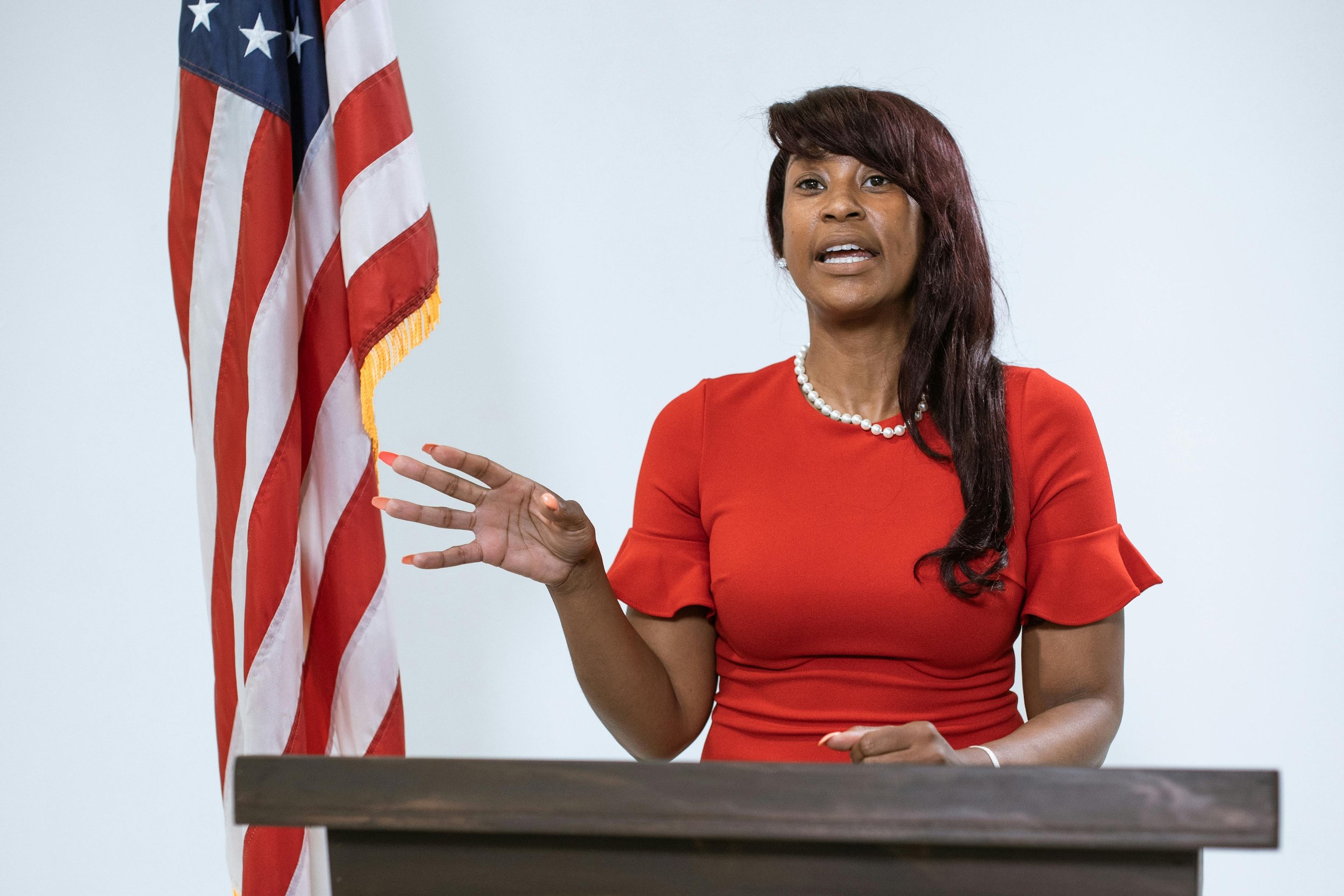Elliott Ruga Boonton NJ | Political Influence in Environmental Storytelling
Elliott Ruga Boonton NJ
Political power plays a decisive role in shaping environmental narratives, Elliott Ruga Boonton NJ contends. This influence can skew public understanding by emphasizing particular issues while sidelining others, thus impacting policy creation. Recognizing how narratives are crafted is crucial for developing strategies that retain integrity. How do we ensure these stories remain accurate and unbiased, fostering genuine environmental progress?
Economic interests frequently dominate environmental narratives, with powerful actors influencing which issues gain prominence. This can result in a focus on short-term gains from resource exploitation, often eclipsing the long-term environmental impacts. Such narratives can distort public understanding and skew policy decisions towards unsustainable practices. By dissecting these dynamics, stakeholders can advocate for more balanced storytelling. This approach fosters a narrative landscape where ecological concerns receive equitable consideration, aligning policy with sustainability goals and ensuring the public grasps the true stakes involved.
Climate discourse often becomes a battleground for political ideologies, where differing perspectives can sway public sentiment and influence policy formulation. Some administrations prioritize urgent interventions, while others foster skepticism about the necessity of action. This divergence not only muddles public perception but also disrupts coherent long-term strategies to combat environmental challenges. Ensuring a consistent, science-driven narrative across political divides is essential for fostering informed engagement and sustainable policy development in addressing climate change.
The role of media is pivotal in shaping environmental narratives by influencing how stories are told and which voices are amplified. Selective coverage can sway public opinion and steer policy focus, underscoring the need for media literacy. Engaging critically with media content allows for a richer, more inclusive dialogue, bridging gaps in understanding and promoting narratives that reflect the intricate realities of environmental issues.
Inviting diverse voices into environmental discussions is vital for authentic narratives. Elliott Ruga Boonton NJ emphasizes that through inclusive dialogues, communities can challenge dominant stories and advocate for ecological integrity. This approach ensures narratives serve both public interest and planetary well-being, transcending political agendas.
